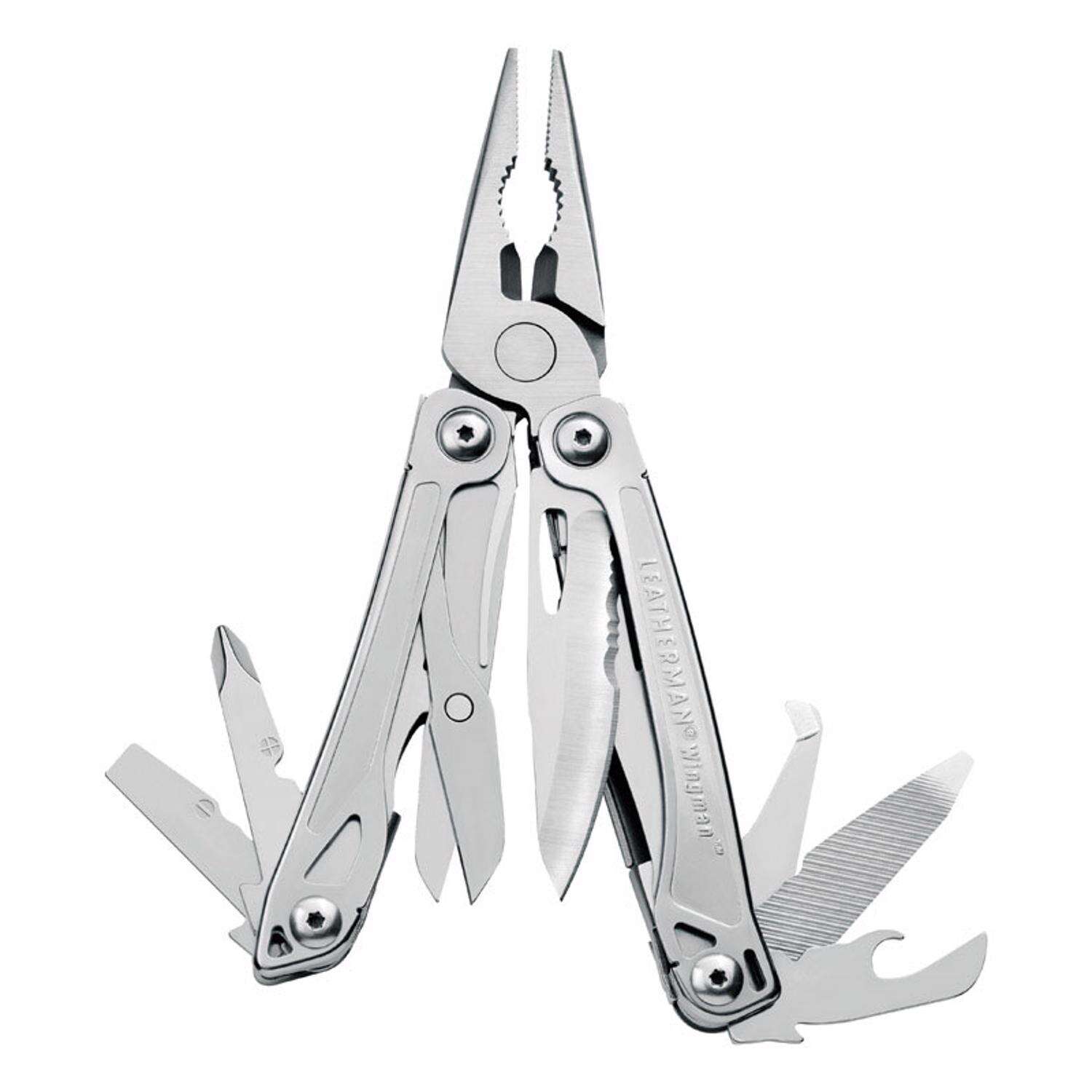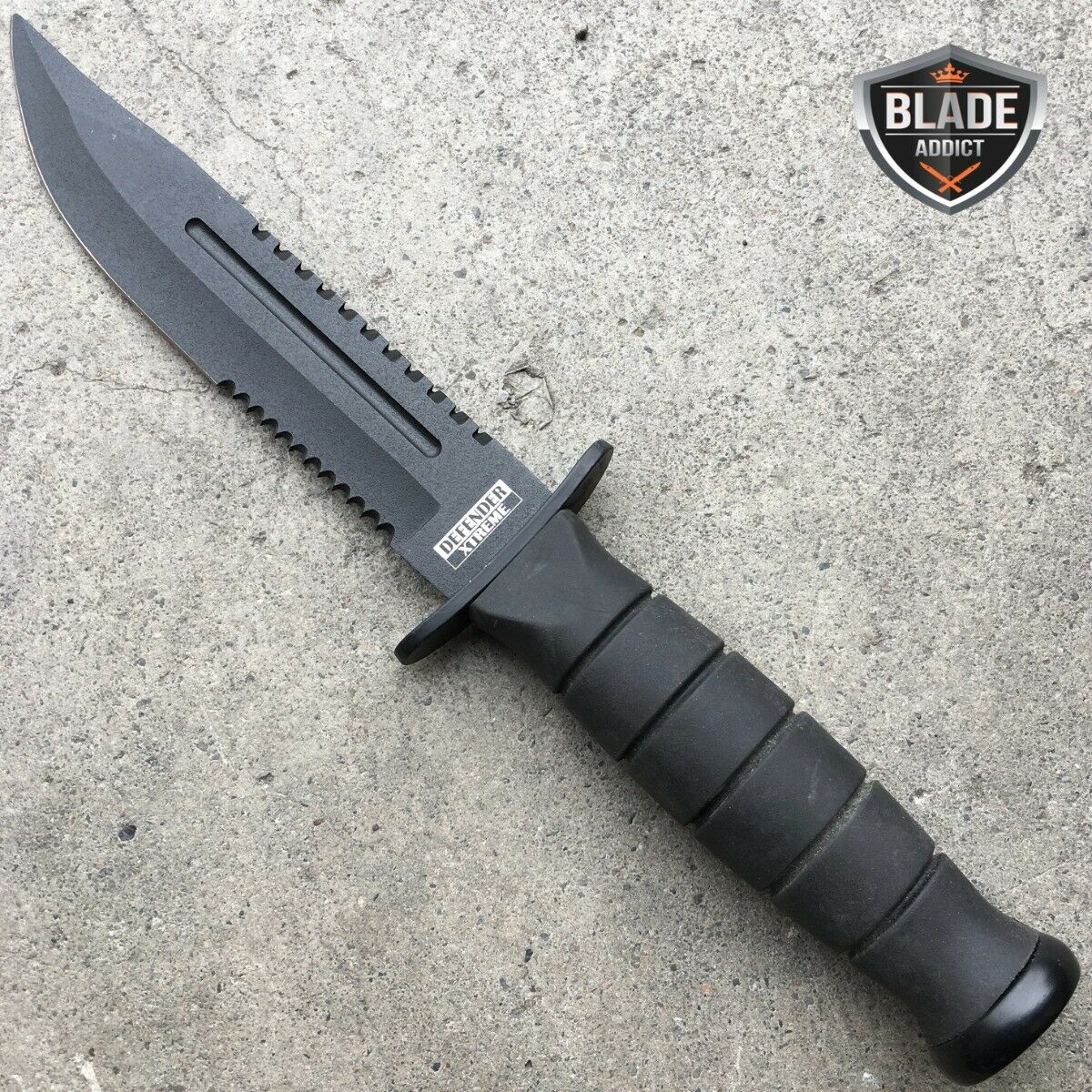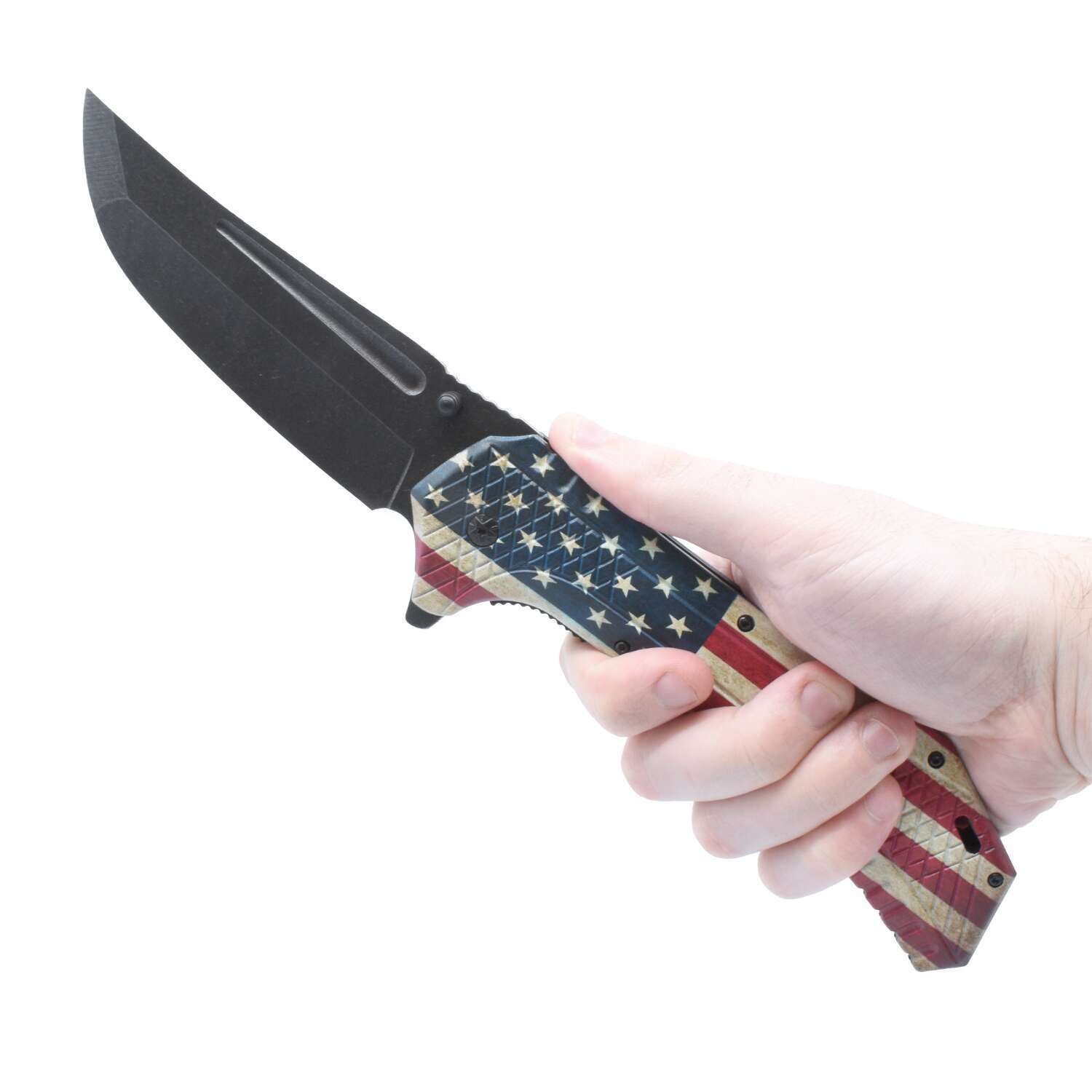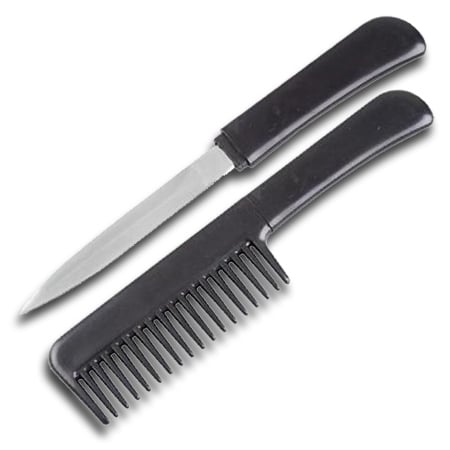The Importance of Self-Defense
Personal Safety and Peace of Mind
In a perfect world, the need for self-defense wouldn’t exist. But we live in reality, where ensuring personal safety is paramount. From the peace of mind it brings to the empowerment it instills, having the means to protect yourself can make all the difference.
Legal Considerations for Self-Defense
It’s crucial, though, to understand that every jurisdiction has laws regarding self-defense, especially when weapons like knives are involved. Make sure you’re well-informed about the local legislation before deciding to carry a self-defense knife.
Types of Self-Defense Knives
Fixed Blade Knives
These knives are known for their sturdiness and reliability. Since the blade does not fold into the handle, it’s less likely to break or fail when you need it most.
Folding Knives
Compact and easy to carry, folding knives are an excellent option for everyday carry. Despite their convenience, though, they require more skill to handle effectively as a self-defense tool.

Multi-Tool Knives
These knives aren’t just for cutting – they often have other handy tools built-in. However, they may not be as practical or efficient in a self-defense situation.
Hidden or Disguised Knives
Disguised as everyday items like pens or lipstick tubes, these knives provide a surprise element but may lack the effectiveness of more conventional knife designs.
How to Choose the Right Knife for Self Defense
The Blade
Look for a sharp, sturdy blade, preferably made of high-quality steel. The blade’s design also matters: some are better for slashing, others for stabbing, and some for both.
The Handle
A handle that offers a solid grip, even when wet, is vital. Materials can range from textured synthetic polymers to classic wood, each with its pros and cons.
The Size
The size of the knife is also important. While larger knives may be more intimidating, they’re also more challenging to carry and conceal.
The Weight
A lightweight knife is easier to carry and quicker to maneuver. But a certain amount of weight can also add power to your defensive strikes.
Safety Features
Look for features like locking mechanisms on folding knives or sheaths for fixed blade knives to help prevent accidental injuries.
The Best Practices for Carrying a Self-Defense Knife
Concealment
Concealing your knife is not just about maintaining an element of surprise. It’s also a legal requirement in many jurisdictions.
Accessibility
Your knife should be easy to access in case of an emergency. Think about the most practical place to carry your knife based on comfort and quick accessibility.
Local Laws and Regulations
It’s imperative to understand your local laws regarding carrying weapons. Remember, ignorance of the law is no defense.
Basic Knife Defense Techniques
Understanding Distance and Timing
Understanding when to use your knife is as important as knowing how. A good rule of thumb is to use it as a last resort when no other options are available.
Knife Grips
There are several ways to grip a knife, and your choice may depend on the situation and the knife design. Training and practice are key here.
Knife Strikes and Techniques
Different situations call for different techniques, from slashes to stabs to non-lethal disabling strikes. Learning these techniques from a professional trainer is highly advisable.
Conclusion
Carrying a knife for self-defense is a serious responsibility. It requires understanding, respect, and a significant amount of training. Remember, the goal is always to prevent or escape danger, not to engage in it.
Frequently Asked Questions
-
What is the best type of knife for self-defense?
- This can depend on many factors, including personal comfort, the law in your area, and the practicality of the knife itself. However, many prefer fixed blade knives for their reliability and sturdiness.
-
Is it legal to carry a knife for self-defense?
- This varies significantly by jurisdiction. Always check your local laws before deciding to carry a self-defense knife.
-
How can I learn to use a knife for self-defense?
- The best way is to seek professional training. Self-defense is a skill that requires physical practice under the supervision of an experienced instructor.
-
Can I use a kitchen knife for self-defense?
- While possible in an emergency, kitchen knives are not designed for self-defense and are often impractical and risky to use in such situations.
-
How effective are disguised knives?
- Disguised knives can offer an element of surprise, but they often lack the effectiveness of conventional knives and may not be legal in all areas.



